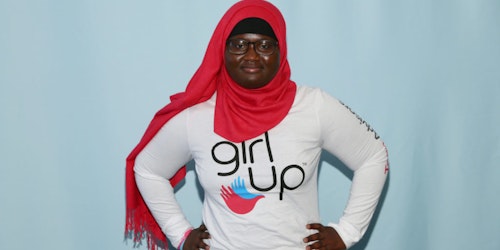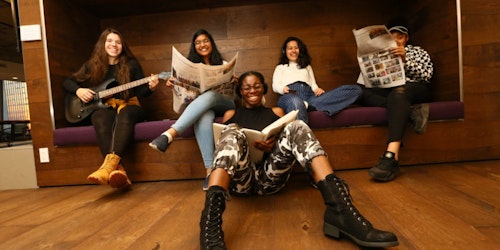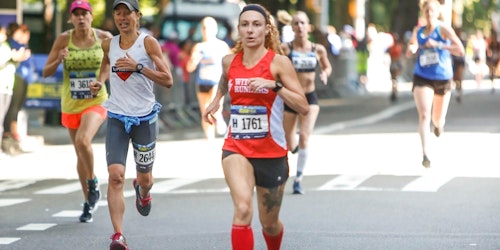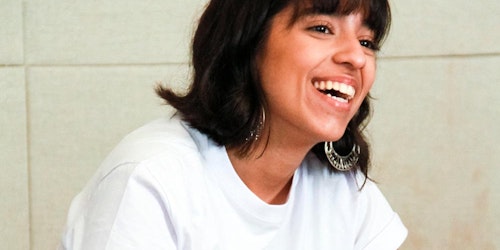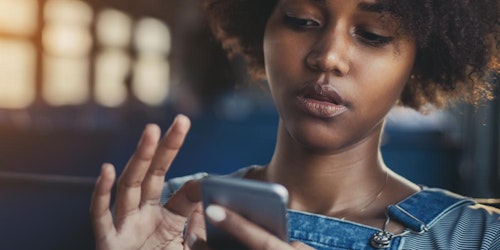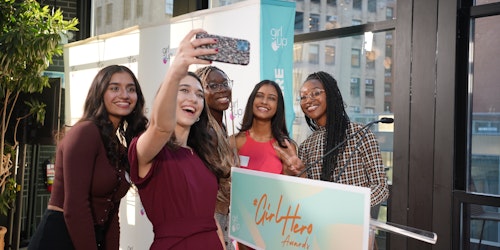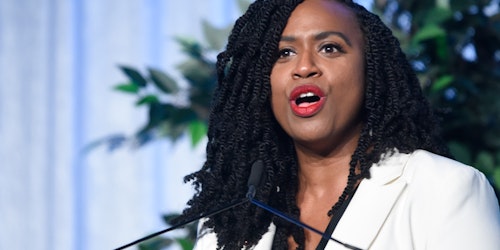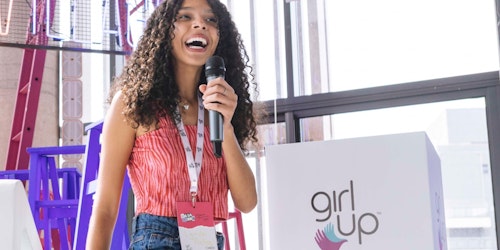To some, the world of STEM and sport may seem poles apart, but to me, they have always been two sides of the same coin, united in their rigour, discipline and visceral beauty.
Unfortunately, as I have experienced firsthand, these two fields are also united in the discrimination that young girls, and consequently womxn, are subjected to within their bounds.
Examples from my own life: my chemistry teacher instinctively looks to the boys for an answer when he asks a question. My tennis coach exclaims, “Don’t hit like a girl!” to my brother as I stand and watch. My own family members adopt a look of mild skepticism as I contemplate a future in the tech industry.
At the Girl Up Leadership Summit last year, I realized that this reality is a shared burden borne by countless girls and womxn across the world. Funnily enough, I also realized that many of the people perpetuating this inequality do so unconsciously, driven by generations of conditioning and societal norms.
But then, classifying instances of misogyny and sexism as deliberate or accidental, latent or obvious, only justifies their occurrence. That is why, while we work on awareness and integration, we must also hold everyone to account for their words and actions. Equity isn’t a big ask; it’s the bare minimum. Inclusivity isn’t a tokenistic cause; it’s a constant effort. Taking a stand- for yourself and for others isn’t busy work. It’s a revolution in progress.
At Girl Up JPIS (my Club in Jaipur, India), that is what we strive to do. From organizing a marathon with more than 500 participants – and a 50:50 gender ratio for the first time in the school’s history – to promoting body positivity on and off the field, to holding sessions with passionate STEMinists to mentoring middle schoolers: we have done it all. And we will continue to do so.
The future is female, and more importantly, so is the present. We need only believe in it, and in ourselves.
I know that every time girls raise their hand, challenge themselves, call out a derogatory remark or hit a winner, the world might not look much different at the end of it. But in seizing every chance, tackling every challenge, knowing their worth, and asking for their due, they might learn to see the world differently: as a place of opportunity and not impoverishment. A place that is flawed, but capable of redemption.
